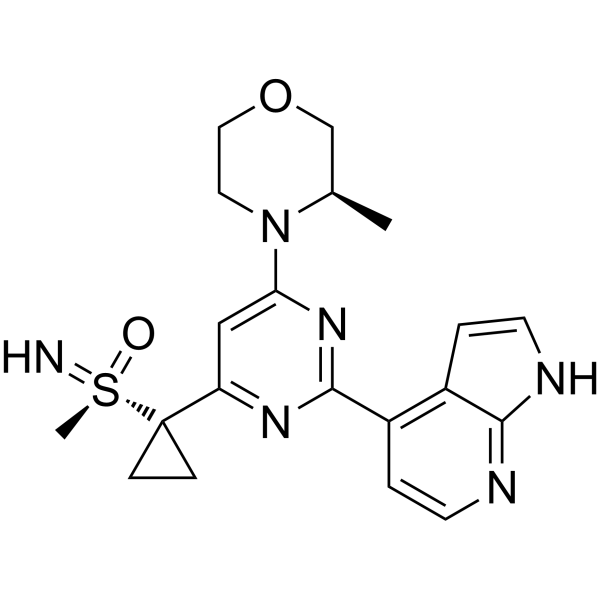Prior research has shown that cancer in children is very seldom the
same as cancer in adults—in many cases, tumors that grow in children
differ markedly from tumors that grow in adults which means they require
completely different types of treatment. Unfortunately, treatments for
childhood tumors has progressed at a much slower pace than for adults.
Just four of them, for example, have been approved for use in the U.S.
over the last 25 years. One of the main ways to treat adult tumors is to
apply chemicals that serve to actively reduce tumor size, an approach that has not worked well with children. To get around that problem, the researchers with this new effort have been studying a chemical that has shown an ability to stop tumor growth by preventing tumor cells from repairing their DNA.

The researchers began by noting that prior research had shown that
many types of childhood tumors rely on a DNA pathway called
nonhomologous end joining (NHEJ) to survive. That led them to search for
a chemical that would disrupt the pathway, preventing the cell from
repairing its own DNA. Such tumors, the researchers noted, appear to
depend on NHEJ to help them overcome problems with handling the excess
amounts of an enzyme called PGBD5 they produce.
After finding that applying the chemical AZD6738 to tumor cells
directly prevented them from growing, the team then began testing it in
mouse models (mice with human tumor cells
implanted in them). They report that doing so caused two types of
tumors to stop growing but did not work against two others. While
promising, the researchers acknowledge that the chemical is not likely
to represent a means for destroying tumors in human patients even if it
were to pass clinical trials. It stops growth but does not decrease tumor size. But that would of course still be a far better outcome for treating patients who have no other options.
AZD6738 found to slow some types of children's tumor growth in mouse models
